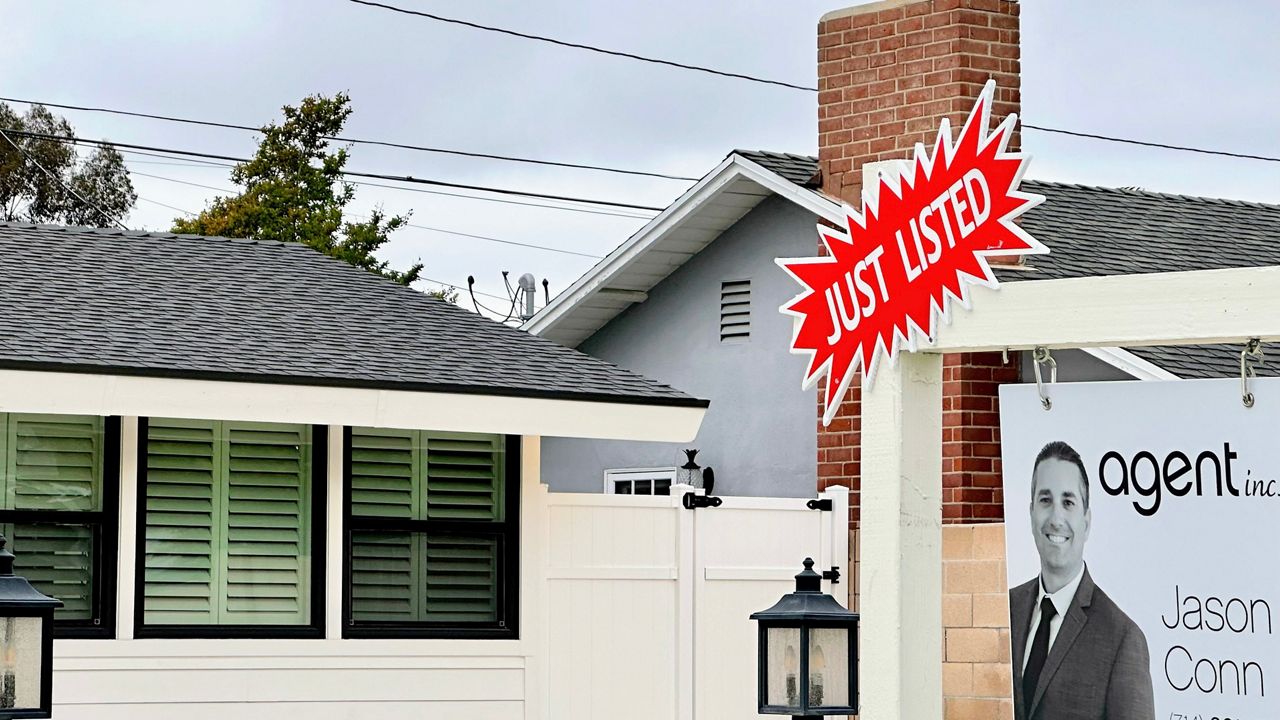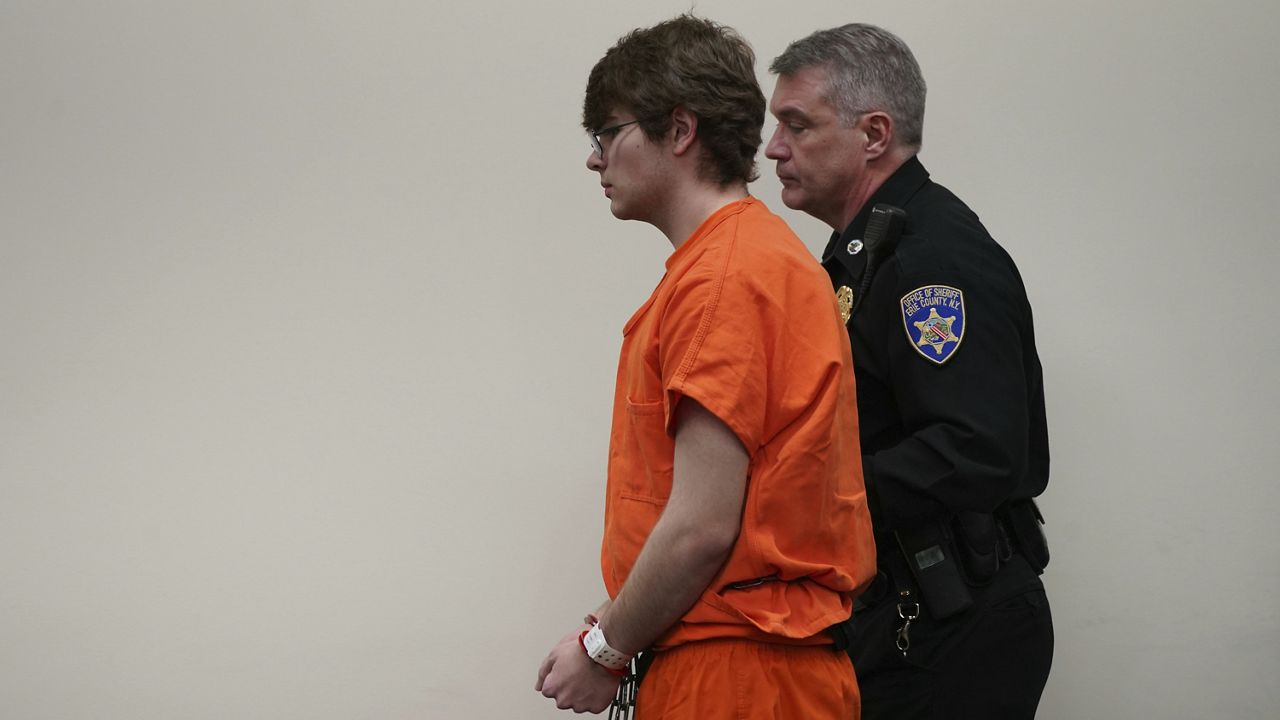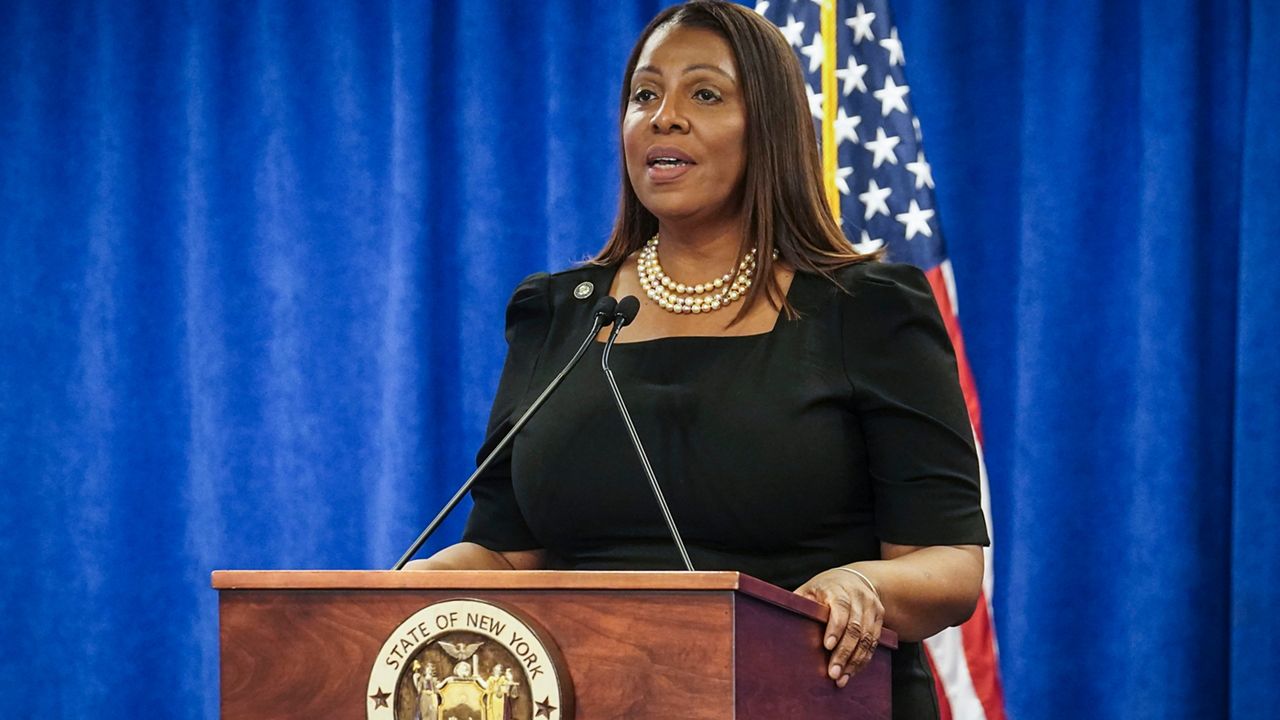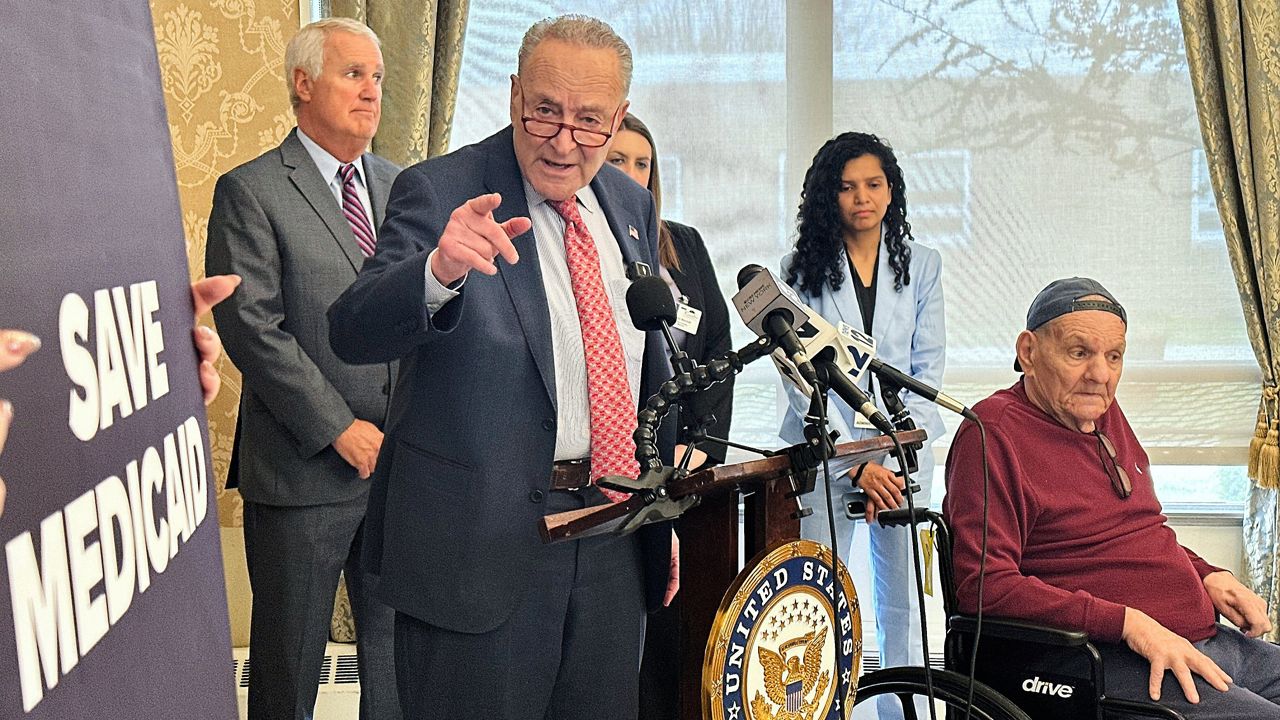Executive measures to address housing in New York state will be coming soon from Gov. Kathy Hochul after she and state lawmakers failed to reach agreements for wide-ranging measures to address the issue, she said on Wednesday.
Hochul has not outlined how she specifically can act through executive orders to expand housing in the state. Her proposal announced at the start of the year to encourage development around commuter rail stations, allow the state to override local zoning rules for qualified projects and create benchmarks for communities to expand available units ultimately fell flat with legislators.
"I'm excited to be announcing very soon how the state is going to use the powers I have as governor to stimulate and create more housing," Hochul said in New York City earlier on Wednesday. "That's going to be one of my top priorities."
Democratic lawmakers earlier this month indicated they had been working toward an agreement that would have included a measure meant to make it harder for landlords to evict tenants due to rent increases and other factors. Hochul's office noted no bill had actually been put to print to outline the specifics of any two-way deal on housing.
Either way, lawmakers have still acted this month on a narrower set of housing measures.
The Legislature this month approved measures that are designed to make it harder for landlords to raise and "overcharge" rents, addressing a 2019 Court of Appeals ruling. Separately, lawmakers also closed what housing advocates contend is a "loophole" in the rent stabilization law that has encouraged apartment scarcity.
“We applaud the New York State Legislature for passing these critical bills that will strengthen the Housing Stability and Tenant Protection Act of 2019 and bolster long-standing rent regulation laws that have protected tenants for over half a century," the Legal Aid Society said in a statement.
But opponents of those measures called the bills unconstitutional, arguing that if signed into law, they would have a detrimental impact.
“These bills were written by attorneys at The Legal Aid Society to redefine fraud and passed by lawmakers who don’t know what the bills do. They are clearly an attempt to roll back Appeals Court decisions and will have a devastating effect on the financial stability of New York housing if they are allowed to become law,” said Jay Martin, the executive director of the Community Housing Improvement Program.








